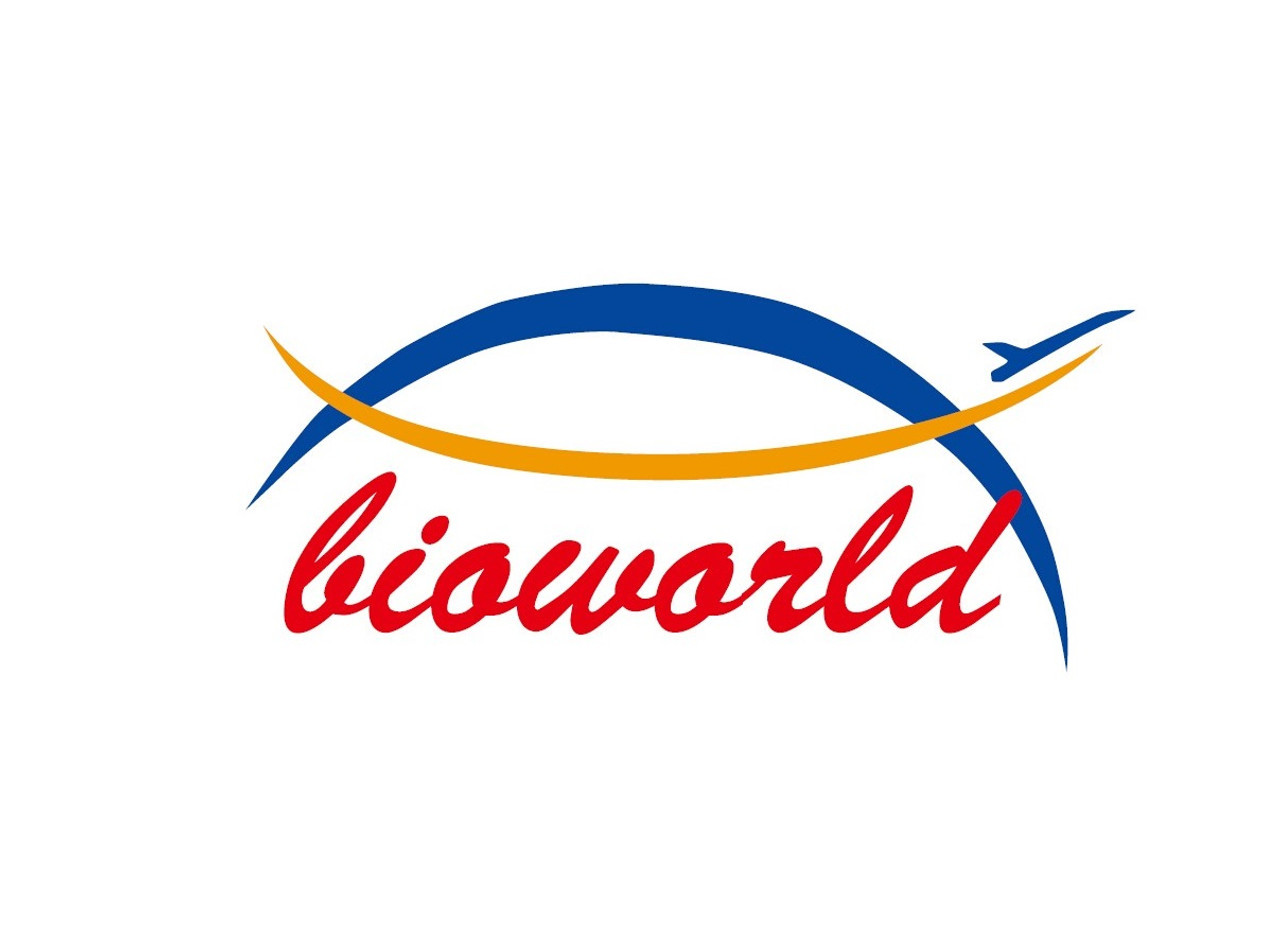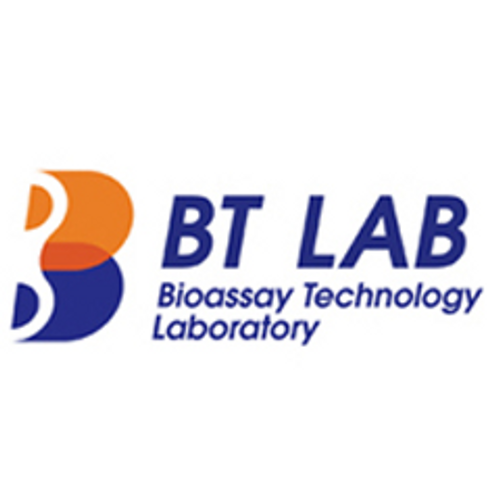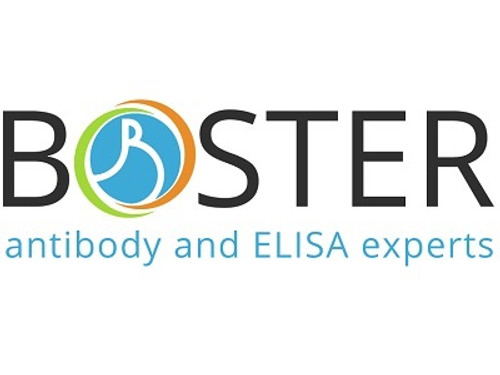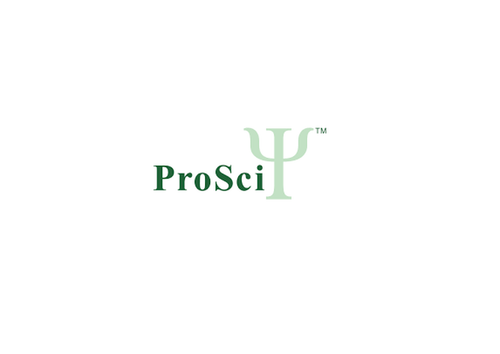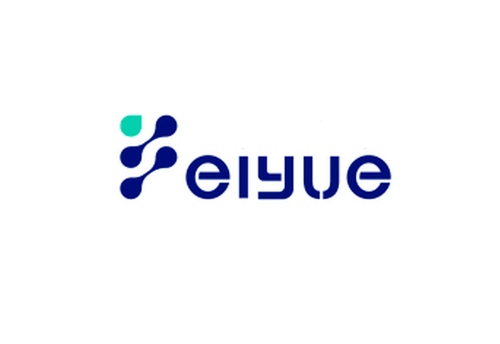Product Description
TUBB3 (beta III Tubulin) monoclonal Antibody | MB65541 | Bioworld
Host: Mouse
Reactivity: Human, Mouse, Rat
Application: WB
Application Range: WB 1:1000~2000
Background: Tubulin is the major building block of microtubules. This intracellular cylindrical filamentous structure is present in almost all eukaryotic cells. Microtubules function as structural and mobile elements in mitosis, intracellular transport, flagellar movement, and the cytoskeleton. Except in the simplest eukaryotes, tubulin exists in all cells as a mixture of similar, but not identical, sets of alpha and beta tubulin polypeptides. Within either set of polypeptides, individual subunits diverge from each other (both within and across species) at less than 10% of the amino acid positions. The most extreme diversity is localized to the 15 residues of the carboxy terminal. For beta tubulin five evolutionarily conserved isotype clones have been identified. These are almost totally conserved in the subunits utilized in the same cell types of different species, with the exception of the hematopoietic beta tubulin which is the most highly divergent in sequence and is not conserved between species. Research has been centered around the hypothesis that these beta tubulin isotypes contribute to unique functional properties. It has been reported that the different isotypes of tubulin differ from each other in their ability to polymerize into microtubules.
Storage & Stability: PBS (pH 7.3) containing 1% BSA, 50% glycerol and 0.02% sodium azide.
Specificity: tubulin beta 3 class III
Molecular Weight: 50.3 kDa (Predicted)
Note: For research use only, not for use in diagnostic procedure.
Alternative Names: beta-4; CDCBM; CDCBM1; CFEOM3; CFEOM3A; FEOM3; TUBB4
Immunogen: Human recombinant protein fragment corresponding to amino acids 1-150 of human TUBB3 (NP_006077) produced in E.coli.
Conjugate: Unconjugated
Modification: Unmodification
Purification & Purity: Purified from mouse ascites fluids or tissue culture supernatant by affinity chromatography (protein A/G)
Pathway: N/A
 Euro
Euro
 USD
USD
 British Pound
British Pound
 NULL
NULL

